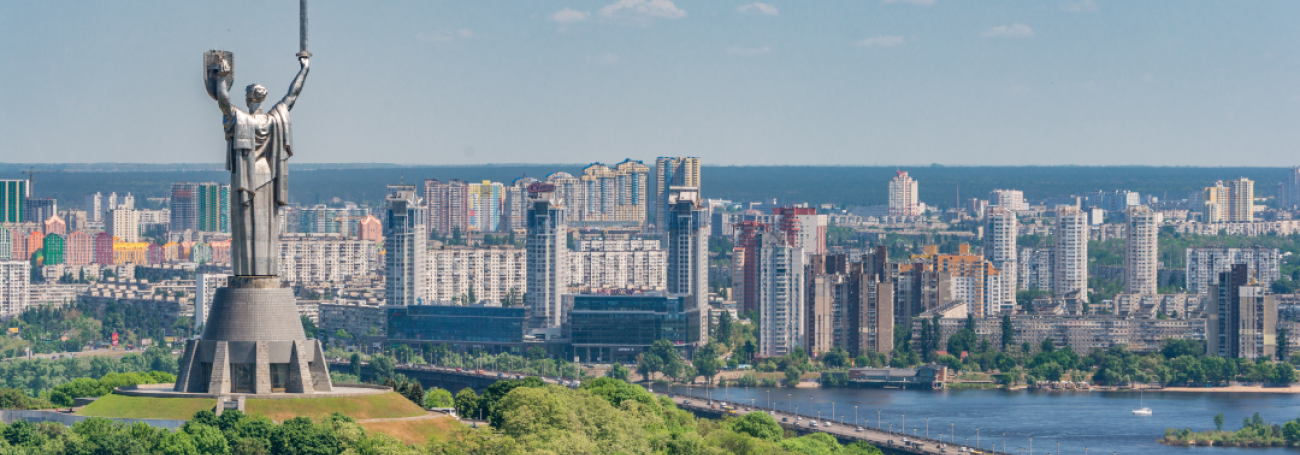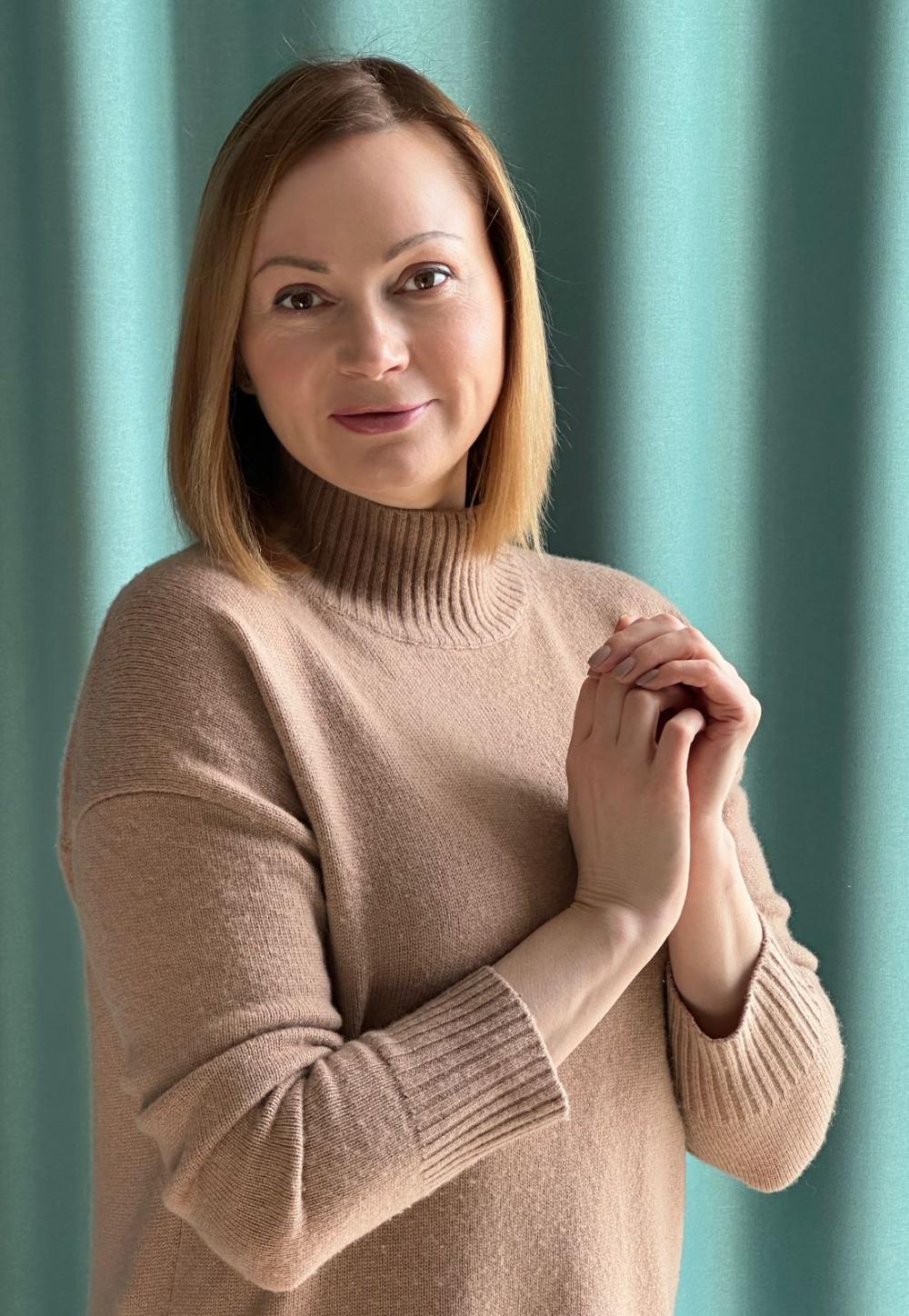Regarding their first main area of work, restorative justice in general, the Institute for Peace and Common Ground endeavours to complement the Ukrainian legal system with non-judicial measures, such as circles and dialogue, to help people live in this difficult period and to keep some trust at the community level.
They also work extensively in schools and they use the so-called “Peaceful Schools” model. Developed in 2005 through a partnership with Dr Belinda Hopkins, it engages teachers, parents, children and schools’ administrations in a process of transformation of the atmosphere at the school level, in a more democratic and cooperative way, to deal with conflicts and problems through some social skills (conflict resolution, building relations, self-awareness, self-understanding, self-reflection, cultural sensitivity, etc.). The model involves direct intervention in cases of polarisation or radicalisation with teams of educators and it also focuses on training young people, who then pass on their knowledge and skills to their peers.
Young people are, in Alona’s words, “the agents of change”: it’s fundamental to work with them to develop their ability to prevent radicalisation and develop cooperation, especially in dark times, such as the ones Ukrainian society is experiencing now. For this reason, the project is still active in the occupied areas, through online platforms that give all schools the possibility to join and be part of the change.
The third area of their work is maybe the one that has been most influenced by the ongoing war: the Institute promotes social cohesion for communities and also on a national level. In their project called “Her perspective - Empowering internally displaced young women to participate in peacebuilding in Ukraine” they cooperate with the Global Partnership for the Prevention of Armed Conflict and UN Women in Ukraine, with the support of the United Nations Women’s Peace and Humanitarian Fund (WPHF), helping women to make their stories visible and their voices heard.
Restorative justice at the community level is a powerful tool to face polarisation caused by the war. For example, at the beginning of the invasion some schools were evacuated, but some teachers decided to stay in those occupied territories. Later, when they were de-occupied, there was conflict in some teachers’ team between the teachers that stayed and those who evacuated. There were accusations, on the one hand, towards those who decided to stay. They were considered pro-Russian. On the other hand, the people who evacuated were accused of choosing the easy way, leaving behind their communities and homes.
Another example of polarisation involves internally displaced people: some of them were wealthy citizens and this gave ground to prejudices, because their hosting communities sometimes felt that they were being accommodated without giving any contribution to the community, even if they had the economic means. The Institute for Peace and Common Ground helped find “common ground” between internally displaced people and hosting communities.




